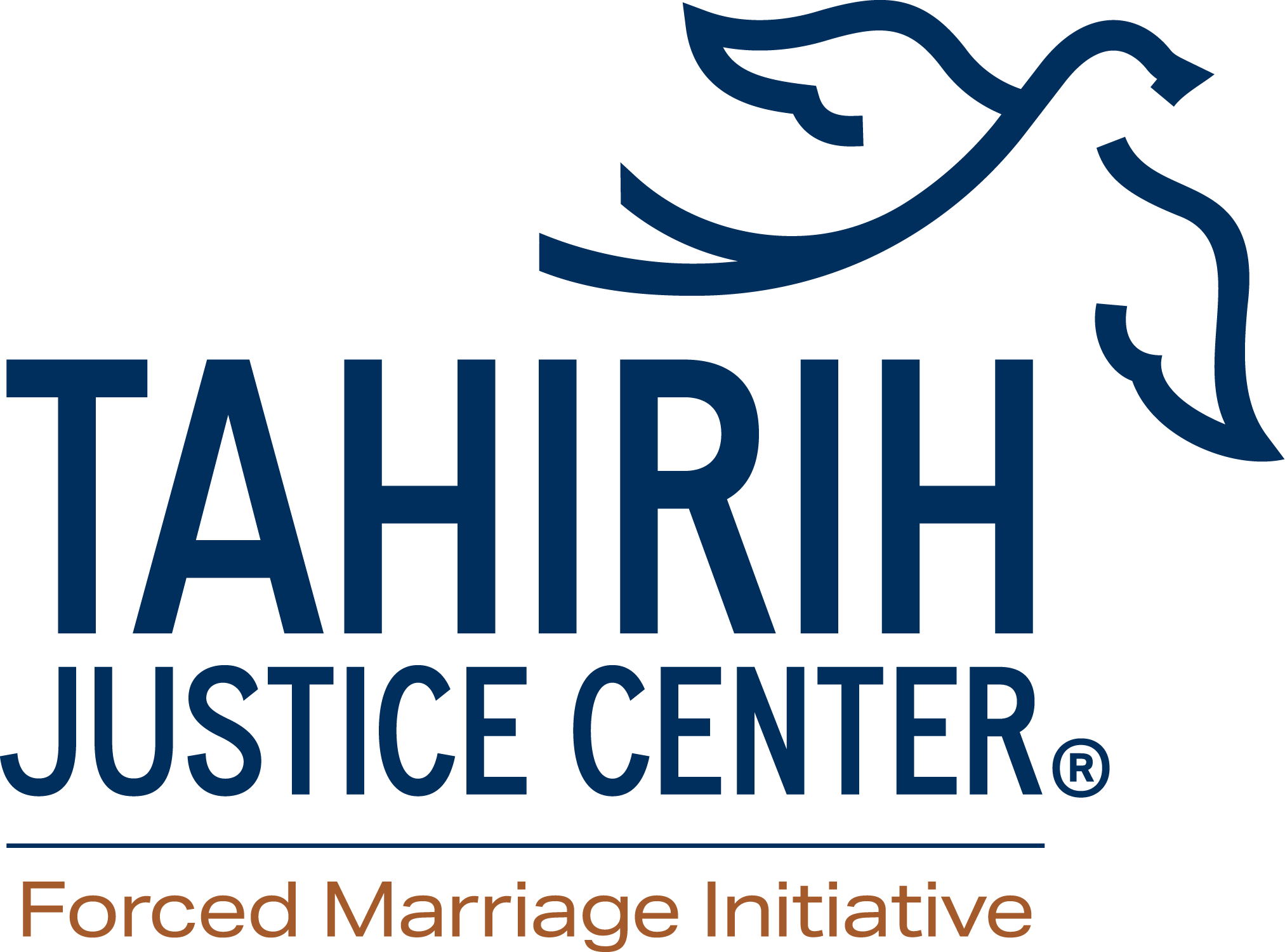Forced Marriage Overseas: Mexico
Overview
Individuals from the United States may face challenges if trying to avoid and/or escape forced marriages in Mexico. While the law offers some protections for women and girls, gender based violence – including rape, domestic violence, human trafficking – still occurs throughout the country. In certain regions, early and forced marriage situations are not uncommon, with few remedies for victims.
For further information and guidance for individuals from the U.S. that are facing or fleeing a forced marriage in Mexico, please contact the Forced Marriage Initiative.
Marriage in Mexico
Women and girls in Mexico have equal legal rights and protections when entering into or dissolving a marriage. Marriage in Mexico is governed by the Federal Civil Code. The age of consent to enter into marriage 16 years old for males, and 14 years old for females.1 Parental consent is required if an individual is under the age of eighteen.2 Marriages that take place through religious ceremony, and not before a civil judge, are not recognized under the law, however such unions may be recognized in local communities as a valid marriage.3 Divorce is available,4 and annulments may be specifically granted in situations of forced marriage.5 Mexico’s laws against human trafficking specifically prohibit forced marriage, with a penalty of up to 10 years in prison for perpetrators.6
Early and forced marriage situations appear to be more frequent in rural areas, particularly among indigenous groups in the Yucatan peninsula and southeastern states where social customs and practices prevail over federal law.7 Among the indigenous municipalities of Oaxaca, arranged marriages are still customary, and there are reports of girls as young as 12 being married in exchange for a payment agreed upon between parents. One of the most common factors that influence the existence such “agreements” is poverty.8 It is also not uncommon for girls to be sold into marriage in the state of Chiapas, and there are reports of young women who try to avoid or escape such arrangements being fined or imprisoned.9
Potential Risks and Protections in Country
It is uncertain whether women and girls facing forced marriage would be able to access adequate protections in Mexico. While domestic violence and rape (including spousal rape) are criminal offenses with serious penalties, Mexico’s civil laws do not in themselves do enough to protect women or girls against sexual or domestic violence. Police may treat women or girls who report sexual or domestic violence with disrespect and suspicion. Complaints are rarely filed by rape victims because the victim’s fear of being socially stigmatized. Rape cases may not be prosecuted, and authorities’ responses to victims are generally ineffective and not supportive. There are certain provisions in the law that base the severity of the punishment for sexual violence on the chastity of the victim. 10 Child abuse is widespread, with little recourse for victims.11 Police forces are also often plagued by corruption and inefficiency, with some officers engaging in criminal activity.12
Women and girls facing violence are able to access assistance through various government agencies and NGO’s in Mexico. Recently a network of Woman Justice Centers was established to provide legal, social, and medical services to women and girls experiencing domestic, family, and sexual violence.13
Special Challenges in Returning to the United States
Please check the entry and exit requirements for Mexico for the most up to date information.
Get Help
- The Tahirih Justice Center Forced Marriage Initiative
We are available to help individuals from the United States who are facing or fleeing forced marriage in Mexico, including providing phone, text, and email support, connecting with the U.S. government and local resources, and coordinating shelter and services back in the United States.
- The U.S. State Department
The State Department is available to assist U.S. citizens that are victims of forced marriage with replacement of travel documents and return travel to the United States. For updated information and travel alerts, please visit the department’s webpage on international travel in Mexico. - U.S. Embassy Mexico City
Contact the embassy in the case of an emergency.
Tel: +(52)(55) 5080-2000
Email: acsmexicocity@state.gov
REFERENCES
1 Federal Civil Code, Article 148.
2 Federal Civil Code, Article 149.
3 Bibloiteca Juridica Virtual; Matrimonio. Aspectos Generales en el Derecho Civil y en el Canonico, available at http://www.juridicas.unam.mx/publica/rev/derpriv/cont/3/dtr/dtr5.htm (last visited October 6, 2014).
4 Federal Civil Code, Article 156.
5 Federal Civil Code, Article 245.
6 CNN México, El Senado aprueba reforma a ley contra la trata que amplía tipificaciones (Feb. 12, 2014), available at http://mexico.cnn.com/nacional/2014/02/12/el-senado-aprueba-reforma-a-ley-contra-la-trata-que-amplia-tipificaciones (last visited October 6, 2014).
7 Brooks, Dario Martinez; Una nueva ley limita los matrimonios arreglados de ninas en Oaxaca; November 2013; http://mexico.cnn.com/nacional/2013/11/04/una-nueva-ley-limita-los-matrimonios-arreglados-de-ninas-en-oaxaca; Rosagel, Sin Embargo, The Sale and Arranged Marriages of Young Girls are Common in Chiapas; ONG; the State Fails Women (March 2014).
8 Rusvel Rasgado, Matrimonios Arreglados, un atentado contra las mujeres, Noticieros Televisa (August 17, 2013), available at http://noticieros.televisa.com/mexico/1308/matrimonios-arreglados-atentado-mujeres/ (last visited Jul. 16, 2014).
9 Sin Embargo Rosagel, The Sale and Arranged Marriages of Young Girls are Common in Chiapas; ONG; the State Fails Women (March 2014).
10 Human Rights Watch, World Report 2014 – Mexico, available at http://www.hrw.org/world-report/2014/country-chapters/mexico?page=2 (last visited October 6, 2014); Department of State, Human Rights Reports – Mexico (2013), available at http://www.state.gov/j/drl/rls/hrrpt/humanrightsreport/index.htm#wrapper (last visited August 25, 2014).
11 Campos, Yvonne Reyes; Mexico’s Shame – Abuse of Children (November 26, 2010), available at http://www.banderasnews.com/1011/edat-mexicosshame.htm (last visited August 29; 2014).
12 The World Post; Entire Police Department of Mexican Town Implicated in Killings and Kidnappings (May 25, 2011), available at http://www.huffingtonpost.com/2010/03/17/entire-police-department_n_502230.html; Gurney, Kyra; Mexico Police Tests Show Deep Corruption Amid Tamaulipas Violence (May 14, 2014), available http://www.insightcrime.org/news-briefs/mexico-police-tests-reveal-rampant-corruption-in-violence-torn-tamaulipas; Richard Fausset, 13 federal police among 18 arrested in Mexico kidnapping probe (October 8, 2013), available at http://www.latimes.com/world/la-fg-mexico-kidnappers-20131009-story.html.
13 SEGOB, Centros de Justicia Para Las Mujeres (August 16, 2012), available at http://www.conavim.gob.mx/es/CONAVIM/Info_Centros_de_justica (last visited October 6, 2014); USAID; Women’s Justice Center Opens Doors in Mexico; Victims receive legal, social, medical services (November 22, 2013), available at http://www.usaid.gov/results-data/success-stories/womens-justice-center-opens-doors-mexico (last visited October 6, 2014).



